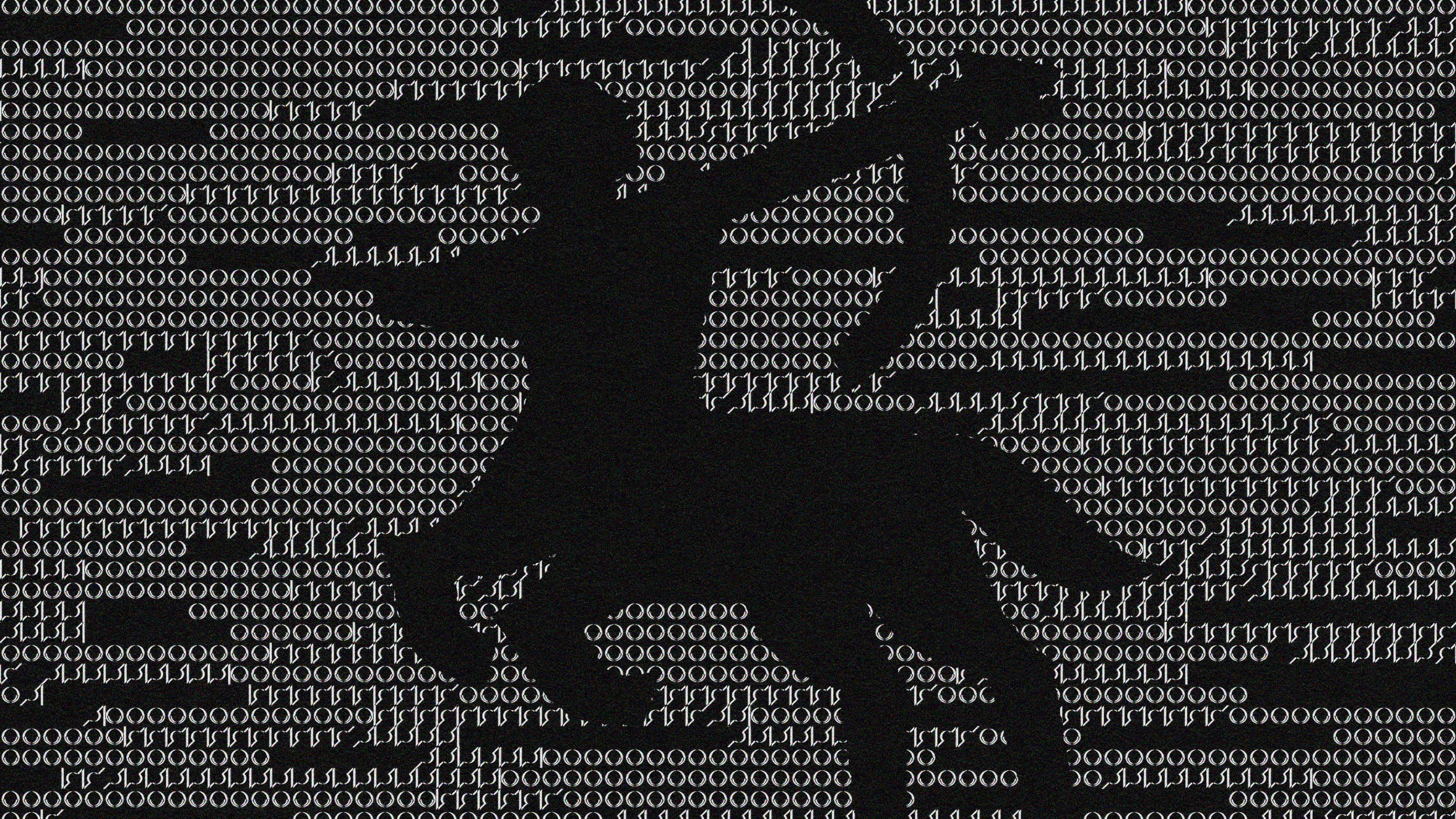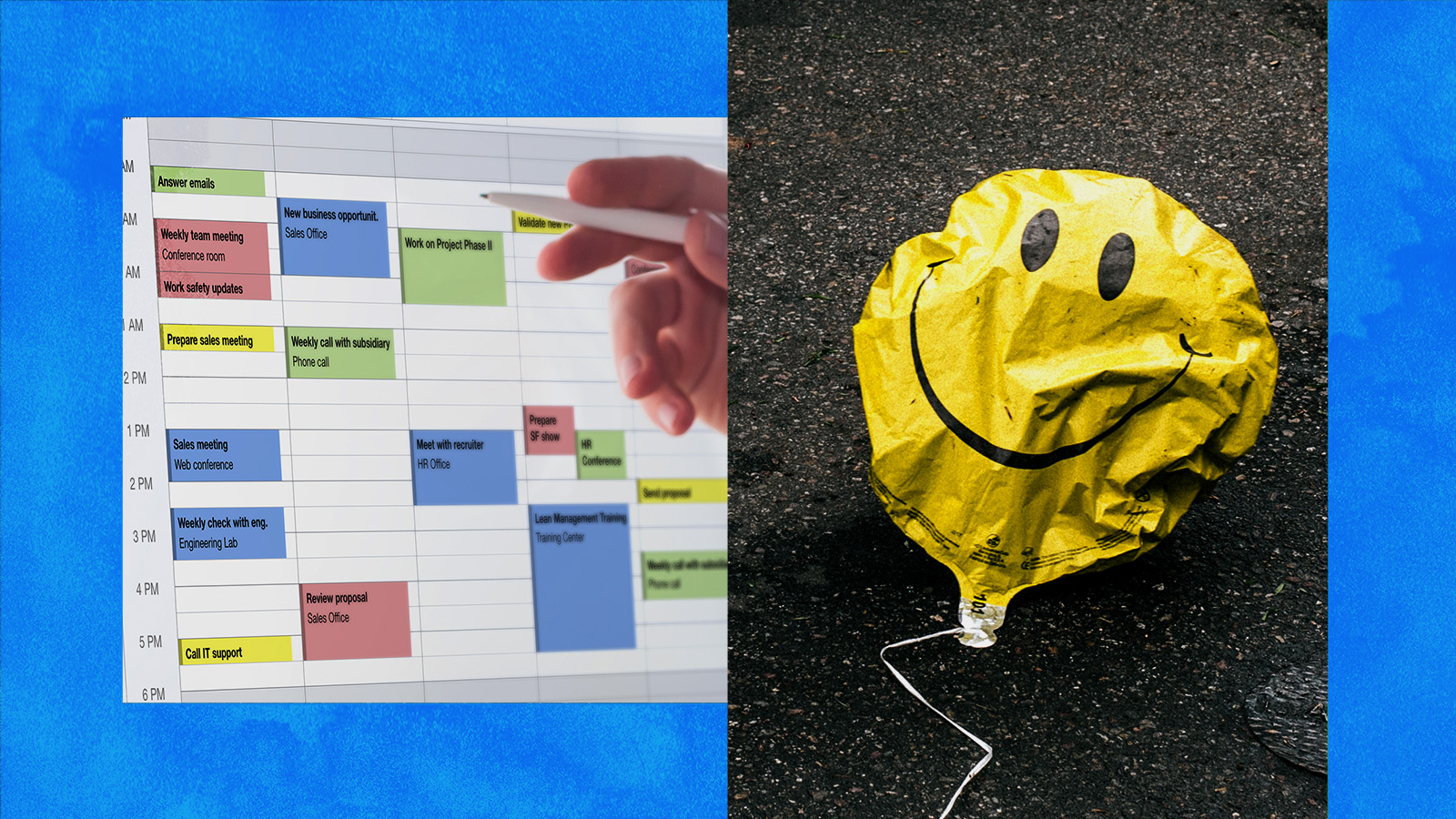Question: Why have networks turned away from investigative reporting?
Amy Goodman: Think back to the Persian Gulf War and the Wall Street Journal doing a piece on CBS executives, saying that the pieces on the war leading into the commercials had to be less gruesome because you couldn’t mix the blood with the toothpaste. It’s not gonna sell the toothpaste. We have a media in this country that is a commercial, for profit enterprise. But media is so important. It is the most important way we communicate with each other and learn about the world. I mean, if we don’t know about a country, if we don’t come from a country, how we do learn about it? We learn about it through the media, and as I said earlier it has to be through something other than a corporate lens.
When you have commercial media, they’re there to sell you something, and the news in between the commercials is just a filler. The question is, how you seduce people into buying whatever it is they’re selling, and you have the particular products in the commercials, but then you have the networks themselves, like, well, NBC, owned by General Electric, right? General Electric, one of the major nuclear weapons manufactures in the world. Is it any accident what we watch on television, when it comes to war, it looks like a military hardware show?
You’ve got the reporter, so excited, going into the tank, climbing into the helicopter, asking the pilot, “What does it feel like to press that button?” or in a tank, “What does it feel like to move forward?” Well, we should be at the target end. What does it feel like to be bombed? What does it feel like when that tank moves in? That’s our role. It’s to go to where the silence is.
Recorded on: August 11, 2008





